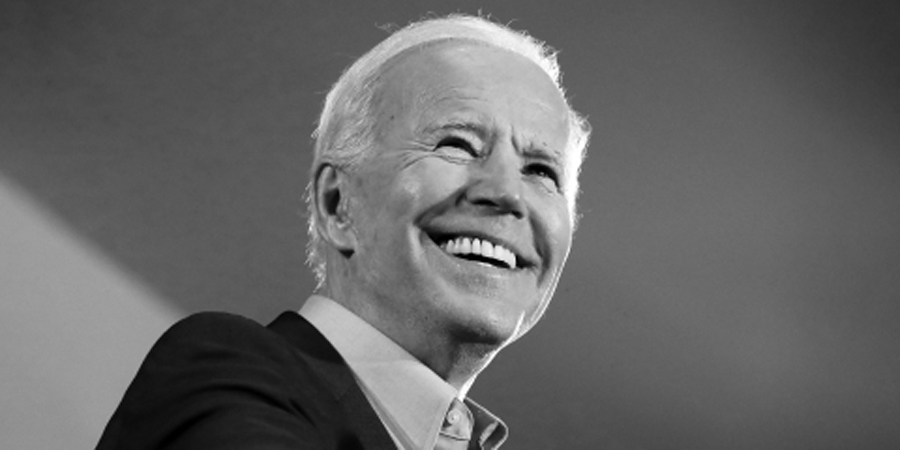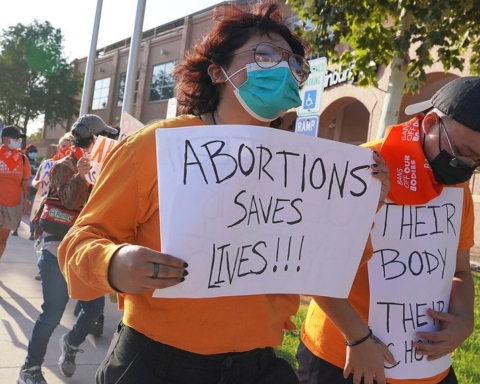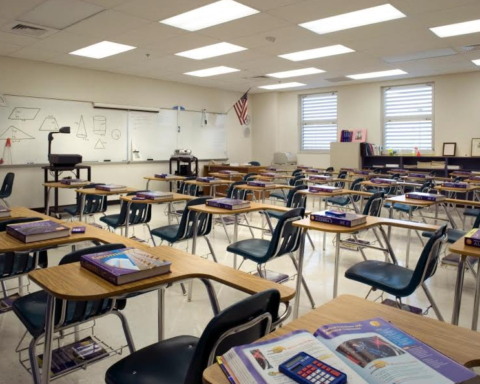It’s been a long four years an election. For the Democrats it’s a celebration, but does that mean that both parties can’t work together?
As “T” gives up the Presidential seat, an President Biden takes over. My question is will there be change?
With some of the major errors from our previous leader, as far this Pandemic to building a wall we never finished, to keeping Women an children held an detained without the proper necessities. Will President Biden be able to put things back in order?
Biden States:
“It starts with doing everything possible to get the COVID-19 under control,” Biden said Monday, “so that we can reopen our businesses safely and sustainably.”
Striking an ominous tone, the president-elect has warned, “We’re still facing a very dark winter,” with confirmed cases surging by roughly 120,000 a day — four times the pace of last spring.
That trend, along with colder weather, will severely restrict the outdoor dining that has been a lifeline for restaurants and bars across the country. It could also hamper travel plans and visits to barber shops and yoga studios. That slower growth, in turn, could intensify calls for more stimulus spending. Most economists, along with Federal Reserve Chair Jerome Powell, are warning that the economy needs more rescue aid from Congress.
The $2 trillion aid package that Congress approved in March is widely credited with fueling a sharp economic rebound this summer. But that stimulus is largely exhausted. Without additional aid, the hardships for roughly 10 million jobless Americans and thousands of struggling small businesses will deepen, along with the economy.
Biden’s election victory makes another shot of stimulus spending more likely, though probably not until after his inauguration in January. A package of $1 trillion to $1.5 trillion would add as much as 4.5% to growth next year, according to Capital Economics. That would be enough to return the economy to its pre-pandemic level by the end of 2021. Most economists note that the economy’s painfully sluggish recovery from the 2008-2009 Great Recession was due in large part to government spending limits that took effect in 2010.
“The most important economic issue today, tomorrow and into the next several years is fiscal policy,” said Eric Winograd, U.S. economist at AllianceBernstein, referring to the government’s tax and spending policies. “With monetary policy (by the Fed) largely bled dry, fiscal policy is the only game in town.”
Unlike Trump, Biden regards big increases in spending on social, education and development programs as critical to longer-term growth.
The president-elect has proposed nearly $5.4 trillion in new spending over the next decade, according to the University of Pennsylvania’s Penn Wharton Budget Model. That includes $1.9 trillion on education and $1.6 trillion on new infrastructure — roads, bridges, highways and other public structures — and research and development.
So far President Biden’s claims aim for the major issues we are currently Enduring.
Only Time will tell, as our new President takes the seat.
Written by lala
Instagram: official_lala_baby






